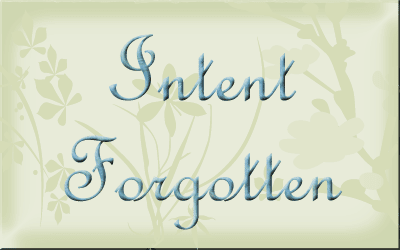Well, I would, but my opinion doesn't matter much. But anyway, I'm here to explain this fine afternoon about the art of critiquing others' writing. But first, let's start with the word of the week. This week's word is ominous, an adjective that foreshadows evil and often shows an omen. Back in the day, "ominous" didn't always mean "foreshadowing evil." Its original meaning was "presaging events to come" -- whether good or bad. Okay, onto the post!
A lot of authors who want to publish a novel, or even a small piece of poetry, often get their work critiqued first before sending it to someone in the business. For example, I have a beta working on my current novel right now. She tells me when a sentence sounds awkward or when one of my characters acts in an odd manner. She's awesome. That's what a good critic should do: tell you when something needs work.
If you want to critique someone, here are a few tips:
~Be honest, yet still polite: If something sucks, say so. If my character was turning into a Mary-Sue, I would want my beta to tell me. However, she's always kind with her tips, and sometimes she even makes me laugh. Don't make someone feel like a loser if they make a mistake; it's your job to help them correct the mistake, not mock them,
~Give critiques you wish you would receive: It's back to that "do unto others" theory. If you wish your last beta had told you about how 2-D your characters were, analyze the characters in the story you're critiquing. If you wished you had a thorough description of what the last person thought of your story, give the writer exactly what you thought of their work. Chances are, if you want it, they will want the same. Plus, no one wants harsh, rude criticism, but they want helpful criticism.
~Being a critic actually helps YOU too!: Believe it or not, giving someone else criticism means you know what to look out for in your own work. If you see someone has an underdeveloped plotline, you'll be more aware of your own plot.
But sometimes, getting criticism can be a little tough. Like when Katze, another member considered me taking a few pages out of the beginning to skip to the action, I had been really against it since I worked hard on perfecting the beginning. However, I've been thinking and thinking about it more and more and I think I want to follow her advice. One main thing you have to do when taking criticism is take emotion out of the picture. I didn't want to keep those pages because they were any better than the rest, I just wanted to keep them because I had worked so hard on them and was annoyed that my work was "going to waste." However, I realize that I could still recycle those pages and use them as flashbacks and other useful things. Plus, I learned a lot about my main characters in those pages. No writing is ever wasted.
But, one little thing that always bugs me: say thank you. The beta/critic is taking a lot of time out of his or her busy schedule to help you. They're doing you a favor, just say that you appreciate their time and energy put forth into making your story better. If they did a good job, maybe you'll even want to help them with their work in return.
Make sure to know what you're looking for before the beta starts. If you have something specific you want the beta to look at, like poor description or awkward dialogue, say so. Otherwise, the beta might just pay attention to the work as a whole. It helps you and the beta, so be specific when possible.
That's all for today, writers! Have a good day! If you have any questions or comments, feel free to email me at penelopepaige@rocketmail.com. Time to go sharpen that pencil...
Question: Have you ever critiqued someone's work? What was it like for you?

No comments:
Post a Comment